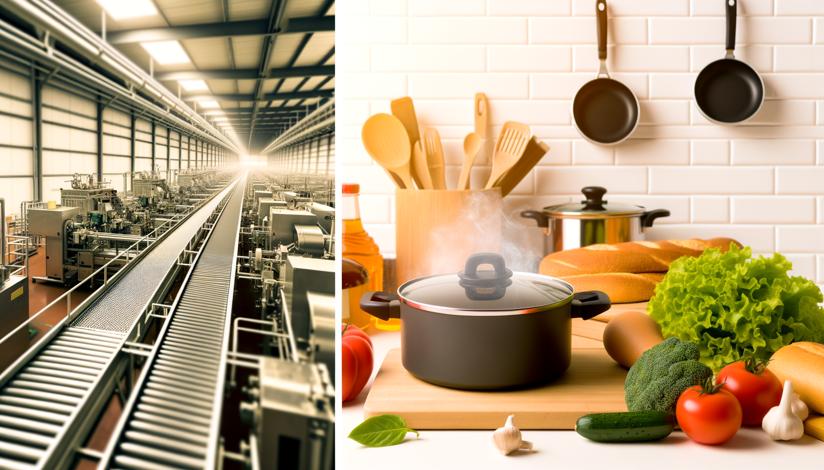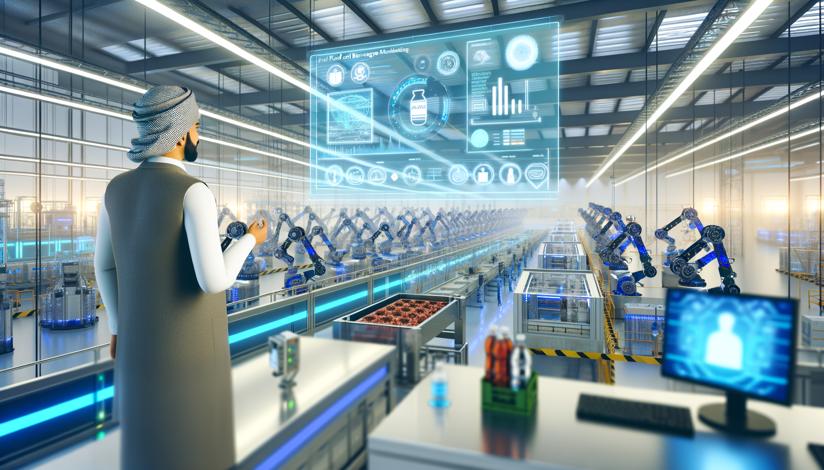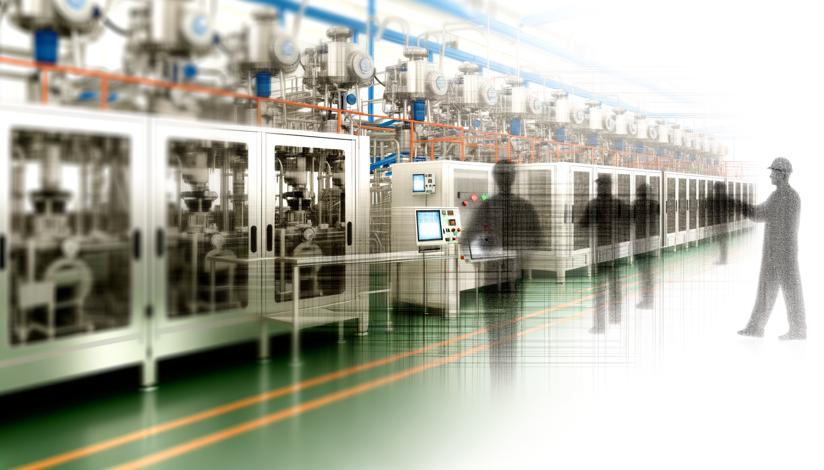

Food and beverage manufacturing plays a significant role in providing convenient and ready-to-eat options for people with busy lifestyles. With the rise of fast food chains and pre-packaged meals, it has become easier than ever to grab a quick bite without spending hours in the kitchen. On the other hand, home cooking has its own advantages, including the ability to control the ingredients and the cooking process for a healthier and more personalized meal. In this article, we will evaluate both options based on convenience, health, cost, and variety to determine which is better.
When it comes to convenience, food and beverage manufacturing takes the lead. Ready-made meals and snacks are easily accessible and require little to no preparation. Whether it's a frozen pizza or a bag of chips, these products provide instant satisfaction for those who are short on time. On the other hand, home cooking requires planning, grocery shopping, and the actual cooking process, which can be time-consuming and inconvenient for many people. However, it's worth noting that with meal prep and planning, home-cooked meals can also offer convenience by preparing meals in advance and having them ready to heat and eat.
In terms of health, home cooking wins hands down. When cooking at home, you have complete control over the ingredients that go into your meals. This means you can choose fresh and nutritious ingredients, avoid excessive salt, sugar, and artificial additives, and tailor the cooking methods to retain maximum nutritional value. On the other hand, food and beverage manufacturing often involves the use of preservatives, additives, and artificial flavors to enhance taste and prolong shelf life. These can have negative effects on health, especially when consumed in excess. While some food manufacturers are making efforts to offer healthier options, it's still difficult to match the quality and nutritional value of a home-cooked meal.
Cost is another important factor to consider. Food and beverage manufacturing can be more expensive in the long run. Pre-packaged and processed foods often come with a higher price tag compared to buying raw ingredients and cooking from scratch. Additionally, buying takeout or eating out frequently can add up quickly. On the other hand, home cooking allows you to stretch your budget by buying in bulk, using leftovers creatively, and making use of seasonal and budget-friendly ingredients. With proper planning and smart shopping, home-cooked meals can be an affordable option that saves money in the long term.
When it comes to variety, both food and beverage manufacturing and home cooking have their own merits. Food manufacturers often offer a wide range of flavors, cuisines, and meal options to cater to different tastes and dietary preferences. This can be especially beneficial for those with limited culinary skills or those who want to explore new flavors. On the other hand, home cooking allows for unparalleled creativity and customization. You have the freedom to experiment with different ingredients, flavors, and cooking techniques to create unique and personalized meals. Whether it's recreating restaurant dishes or inventing your own recipes, home cooking offers endless possibilities.
In conclusion, both food and beverage manufacturing and home cooking have their own strengths and weaknesses. Food and beverage manufacturing provides convenience and accessibility, but can be less healthy and more expensive. Home cooking offers better control over the ingredients and cooking process, but requires more time and effort. Ultimately, the choice between the two depends on individual preferences, lifestyle, and dietary needs. Finding a balance between the two can lead to a healthy and enjoyable eating experience.

Convenience
Health
Cost

Time-consuming
Potential Health Risks
Higher Cost

























-
https://www.ncbi.nlm.nih.gov/pmc/articles/PMC5686192/
-
https://www.sciencedirect.com/science/article/pii/S0195666313003226






































